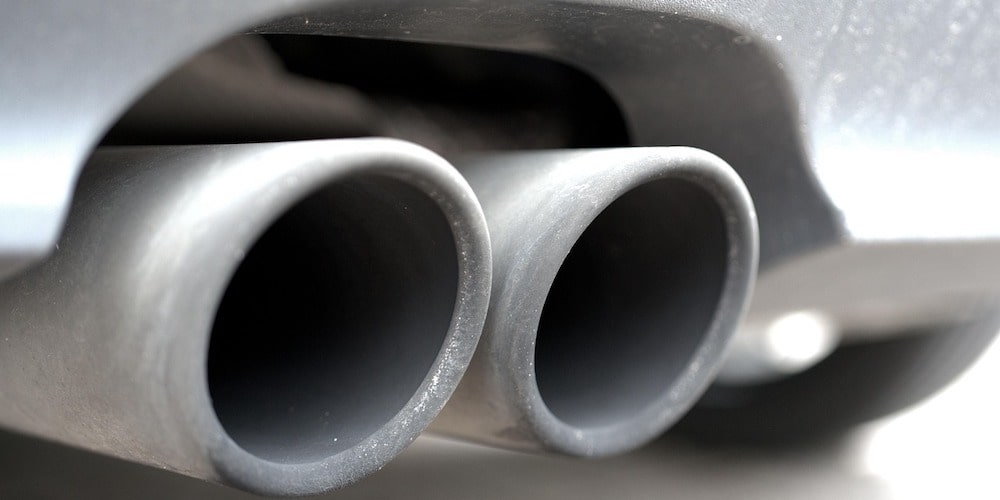Vehicle safety inspections play a critical role in ensuring that cars, trucks, and commercial vehicles operating on Illinois roads meet essential safety and emissions standards. The state of Illinois mandates safety and emissions inspections for certain types of vehicles, particularly commercial and rebuilt cars, to maintain road safety and environmental compliance.
If you have been injured in an accident with a commercial truck or bus, an experienced Illinois car crash attorney can investigate if the at-fault party violated the vehicle safety inspection requirements, which contributed to your accident and injuries.
Who Needs a Vehicle Safety Inspection in Illinois?
Illinois vehicle inspection laws do not require routine safety inspections for most privately owned passenger vehicles, such as cars and motorcycles. However, specific categories of vehicles must undergo safety inspections, including:
- Commercial Vehicles: Trucks, buses, contract carriers transporting employees, and other commercial vehicles must meet specific safety standards.
- School Buses and Public Transportation Vehicles: Vehicles used for public transport, such as taxis and limousines, are subject to regular inspections, and the drivers are required to obtain a school bus driver permit.
- Rebuilt Salvage Vehicles: If a vehicle has been declared a total loss and subsequently rebuilt, it must pass a safety inspection before being legally registered for road use.
- Vehicles with a Gross Vehicle Weight Rating (GVWR) over 8,000 pounds: These vehicles, typically used for commercial purposes, must undergo periodic safety equipment checks.
Illinois Commercial Vehicle Safety Inspection Requirements
The Illinois Department of Transportation (IDOT) enforces safety inspection regulations for commercial motor vehicles. Key requirements for such vehicles include:
- Annual Inspections: Commercial vehicles with a GVWR of more than 8,000 pounds must undergo a yearly safety inspection.
- Inspection Stations: These inspections must be conducted at official testing stations in Illinois authorized by the Illinois Department of Transportation (IDOT).
- Inspection Criteria: Inspections include checks on brakes, tires, lights, steering components, suspension systems, and exhaust emissions.
- Certification Sticker: Registered commercial vehicles or property-carrying vehicles must display a valid safety inspection sticker after passing an inspection.
- Failure to Comply: Operating commercial vehicles, such as truck tractors, without a valid inspection sticker can result in fines and penalties.
Rebuilt Salvage Vehicle Inspections
Vehicles that have been deemed a total loss by an insurance company and later rebuilt must pass an inspection before being issued a rebuilt title and registration. The Illinois Secretary of State requires:
- Thorough Examination: Inspectors verify that repairs meet the applicable safety testing requirements and check for stolen parts.
- Application Process: Owners must apply for inspection, provide proof of repairs and vehicle maintenance, and pay applicable fees.
- Certified Inspection Locations: Inspections for rebuilt salvage vehicles must be performed at designated Illinois Department of Transportation (IDOT) facilities.
Emission Testing Requirements in Illinois
While there are no specific Illinois car inspection regulations related to safety, the state mandates vehicle emissions inspections for vehicles registered in particular counties to meet federal Clean Air Act standards. Requirements include:
- Applicable Passenger Vehicles: Most gasoline or diesel-powered vehicles manufactured in 1996 or later and registered in Cook, DuPage, Lake, Kane, McHenry, Will, Madison, Monroe, and St. Clair counties must undergo an Illinois emissions test every two years.
- Testing Locations: The Illinois Environmental Protection Agency (IEPA) operates testing facilities where emissions inspections are conducted free of charge.
- Failure Consequences: Vehicles (including medical transport vehicles) that fail an inspection must be repaired and retested to maintain registration eligibility.
What Does a Vehicle Safety Inspection Include?
The state of Illinois vehicle safety requirements generally cover the following components in a safety inspection for eligible vehicles:
- Brakes: Proper function, pad thickness, and brake fluid levels.
- Steering and Suspension: Checks for worn or loose components.
- Lights and Signals: Headlights, brake lights, turn signals, and hazard lights.
- Tires and Wheels: Adequate tread depth and proper inflation.
- Windshield and Wipers: Free from cracks and fully operational wipers.
- Seat Belts: Ensuring they are intact and function correctly.
- Exhaust System: Checking for leaks and emissions compliance.
Penalties for Non-Compliance
- Fines and Tickets: Drivers operating a vehicle without a required safety inspection sticker may be fined.
- Registration Suspension: Vehicles that fail emissions testing and are not repaired within the allotted time may have their registration suspended.
- Impoundment: Law enforcement officers can impound commercial vehicles found operating without a valid safety inspection sticker.
Where to Get a Vehicle Inspection in Illinois?
The Illinois Department of Transportation (IDOT) and the Illinois Environmental Protection Agency (IEPA) oversee inspection programs. To find an inspection station:
- Safety Inspections: Certified safety testing stations for commercial and rebuilt vehicles are listed on the IDOT website.
- Emissions Testing Locations: IEPA-approved emissions testing sites are available throughout designated counties.
Exemptions from Vehicle Inspections
Some vehicles are exempt from Illinois car inspection laws, including:
- Electric Vehicles (EVs)
- Antique Vehicles
- New Vehicles
- Certain Farm Vehicles
How Our Illinois Commercial Motor Vehicle Accident Attorneys Will Prove Safety Inspection Violations
At 844SeeMike Personal Injury Lawyers, our commercial truck accident attorneys will move fast to find the evidence to prove safety inspection violations that contributed to your accident and injuries.
Driver’s Pre-Trip and Post-Trip Inspection Logs
Federal and Illinois laws require commercial motor vehicle (CMV) drivers to conduct pre-trip and post-trip inspections. Our attorneys will obtain these records to check for any missed or falsified inspections.
CMV Maintenance and Repair Records
Trucking companies must keep detailed maintenance logs. We will investigate whether the company neglected critical repairs or failed to comply with the required inspection schedule.
Event Data Recorder (Black Box) Information
Many CMVs are equipped with black boxes that store braking, speed, and mechanical failure data. Our legal team will analyze this information to determine whether a safety issue contributed to the crash.
Inspection Reports from the Illinois State Police and FMCSA
If the CMV was cited for safety violations during prior roadside inspections, these reports will help us establish a pattern of negligence.
Expert Mechanical Analysis
We work with mechanical experts to inspect the damaged vehicle for brake failures, tire defects, or engine malfunctions that indicate ignored safety inspections.
Get High-Powered Legal Representation from Our Illinois Truck Crash Attorneys
At 844SeeMike Personal Injury Lawyers, we have the skills, resources, and experience to take on powerful trucking companies and their insurers to recover the maximum possible compensation for your injuries and losses. To schedule your free consultation, call us at 312-786-442 or contact us online.






